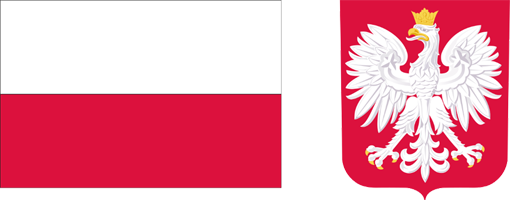Current issue
Archive
About the Journal
Aims and Scope
Advisory Board
Members of the Editorial Board
List of reviewers
Publishing process
Publishing Ethics and Malpractice Statement
Personal data protection (GDPR)
Creative Commons License
CrossRef Member / Similarity Check
For Authors
Call for papers
Guidelines for authors
Submitting a manuscript through the editorial system – step by step
For Reviewers
Peer review process
Guidelines for reviewers
Submitting a review – step by step
Contact
RESEARCH PAPER
SUITABILITY OF COMPLEXITY ECONOMICS FOR LONG-TERM AGRICULTURAL POLICY-MAKING
1
Instytut Ekonomiki Rolnictwa i Gospodarki Żywnościowej - Państwowy Instytut Badawczy
Submission date: 2020-06-12
Final review date: 2020-07-03
Acceptance date: 2020-07-28
Publication date: 2020-09-29
Zagadnienia Ekonomiki Rolnej / Problems of Agricultural Economics 2020;364(3):18-30
KEYWORDS
complexity economicsagricultural policyfood systemsenvironmental and climate challengescommon agricultural policy
TOPICS
ABSTRACT
The development of agricultural policy is becoming a more and more difficult task. The number of factors which should be taken into account continues to grow, while at the same time there is an increased diversification of agricultural needs as well as higher consumer and taxpayer expectations. In this situation, the approach to agricultural policy-making used so far does not function properly.
The final shape of the Common Agricultural Policy (CAP) in the new multiannual financing frameworks of the European Union has not been fully established yet. The work has been prolonged for many reasons. The current European Commission pays much attention to environmental and climate challenges, proposing the implementation of the European Green Deal strategy. One of the key elements of this development concept is the “Farm to Fork” strategy, which indicates the directions of transformation of food systems in the EU.
A question arises whether the proposed shape of the EU strategy for agriculture is optimal in terms of challenges faced by this sector. Complexity economics may be an answer to this question, as it offers an approach to policy-making based on the recognition of the complexity of socio-economic systems and their specific dynamics requiring a specific shape of actions taken by the state.
Share
RELATED ARTICLE
We process personal data collected when visiting the website. The function of obtaining information about users and their behavior is carried out by voluntarily entered information in forms and saving cookies in end devices. Data, including cookies, are used to provide services, improve the user experience and to analyze the traffic in accordance with the Privacy policy. Data are also collected and processed by Google Analytics tool (more).
You can change cookies settings in your browser. Restricted use of cookies in the browser configuration may affect some functionalities of the website.
You can change cookies settings in your browser. Restricted use of cookies in the browser configuration may affect some functionalities of the website.



